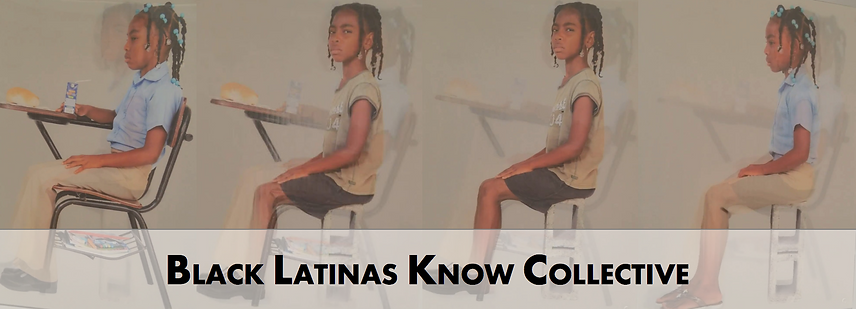Nancy López
Dr. López is professor of sociology at the University of New Mexico (B.A. Columbia College, Columbia University; Ph.D. Graduate School & University Center, City University of New York). Dr. López directs and co-founded the Institute for the Study of “Race” and Social Justice (race.unm.edu) and she is the founding coordinator of the New Mexico Statewide Race, Gender, Class Data Policy Consortium. Dr. López served as the inaugural co-chair of the Diversity Council and she serves on the Faculty Senate Operations Committee, UNM. Dr. López is Secretary-Elect of the American Sociological Association (ASA) and past chair of the Race, Gender, Class Section of the American Sociological Association. Dr. Lopez is Vice President for the Sociologists for Women in Society. López’s scholarship, teaching and service is guided by the insights of intersectionality--the importance of examining the simultaneity of tribal status/settler
colonialism race/structural racism, gender/patriarchy, class/capitalism, ethnicity/nativism, sexuality/heterosexism as systems of inequality across a variety of social outcomes, including education, health, employment, housing, and developing contextualized solutions that advance social justice. Dr. López has served on nearly 70 PhD/MA committees and she received several awards recognizing her contributions to mentoring, teaching, service and research (e.g., Inaugural Academic Leadership Academy
Fellowship of the Division of Equity and Inclusion, UNM and the ASA William Foote Whyte Distinguished Career Award for Sociological Practice and Public Sociology). Her book, Hopeful Girls, Troubled Boys: Race and Gender Disparity in Urban Education (Routledge, 2003) focuses on the race-gender experiences of Dominicans, West Indians, and Haitians to explain why girls are succeeding at higher rates than boys.
Dr. López co-edited, Mapping "Race": Critical Approaches to Health Disparities Research (Rutgers, 2013). She developed the concept of “street race” (See López et al., ‘What’s Your “Street Race”? Leveraging Multidimensional Measures of Race and Intersectionality for Examining Physical and Mental Health Status among Latinxs, Sociology of Race and Ethnicity). She co-edited a special issue on QuanCrit: Critical Race Theory and Quantitative Methods, (See López et al., “Making the Invisible Visible:
Advancing Quantitative Methods Through Critical Race Theory and Intersectionality for Revealing Complex Race-Gender-Class Inequalities in Higher Education, 1980- 2015.”) Dr. López has been active in debates about racial and ethnic measurements for the 2020 Census; she cautions that proposals to combine two analytically distinct concepts, Hispanic origin and race, into one question for the 2020 Census may undermine civil rights monitoring and enforcement (See 2018 Tedex en EspañolTalk race.unm.edu; See
2018 essay in conversation.com). The daughter of Dominican immigrants who were only able to attend primary school through the second grade, Dr. López was born in the Lower East Side of Manhattan and she was raised in Baruch Public Houses. Spanish is her first language. In 1987 Dr. López graduated from Washington Irving H.S., a de facto racially segregated large public vocational high school for girls.




